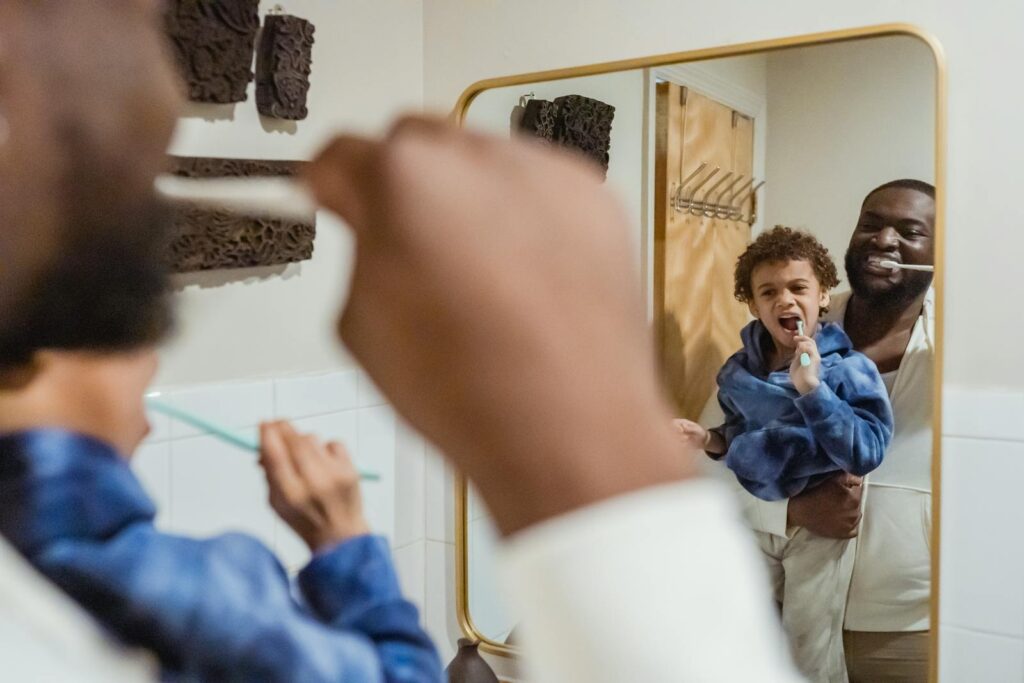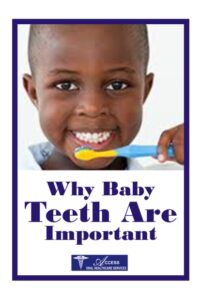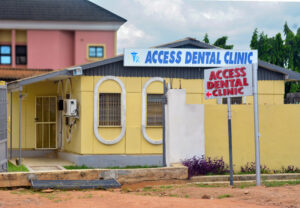Maintaining good oral hygiene is essential for a healthy smile and overall well-being. One common question that often arises is how many times a day one should brush their teeth. While it is commonly known that brushing is crucial, understanding the recommended frequency and best practices is necessary for achieving optimal dental health.

The Basic Recommendation: Twice a Day:
The American Dental Association (ADA) and most dental professionals advise brushing your teeth at least twice a day. Ideally, brushing should occur once in the morning after breakfast and once before bed. This routine helps to effectively remove plaque, prevent tooth decay, and maintain fresh breath.
Morning Brushing Routine
Brushing in the morning is crucial to remove the accumulated bacteria and plaque that may have developed overnight. It freshens your breath, eliminates morning breath, and prepares your teeth for the day ahead. Do not forget to gently brush your tongue as it harbours bacteria that can contribute to bad breath.
Nighttime Brushing Routine:
Night-time Brushing Routine
Brushing before bedtime is equally important as it helps remove accumulated plaque, food particles, and bacteria from the entire day. This practice lowers the risk of decay and gum disease, providing a clean environment for your teeth and gums to recuperate and repair overnight.
The Additional Option: Brushing After Meals
Brushing after meals can be an effective way to eliminate food debris and bacteria that may linger after consuming meals or snacks. However, waiting for at least 30 minutes after eating to allow saliva to neutralize the acids produced during the meal. Brushing immediately after eating may damage the tooth enamel due to abrasive action.
Importance of Proper Brushing Technique:
Regardless of the frequency, it is essential to brush correctly for effective oral care. Use a medium textured toothbrush and fluoridated toothpaste to gently brush all surfaces of your teeth, including the front, back, and chewing surfaces. Employ gentle circular motions and ensure you reach all areas, including the gum line, where plaque often accumulates.
Other Factors to Consider:
Besides frequency, it is important to consider other factors to maintain optimal dental health. Regular flossing and regular dental check-ups are equally important. Avoiding tobacco use, consuming a balanced diet, and limiting sugary foods and drinks play vital roles in promoting oral health.
Conclusion:
Brushing your teeth is a fundamental step in maintaining good oral hygiene. The general recommendation is to brush twice a day, but incorporating a third brushing session after meals can offer additional benefits. However, brushing techniques, regular flossing, and routine dental check-ups are equally vital in maintaining optimal oral health. Additionally, remember to replace your toothbrush every three months or when the bristles of the brush have become frayed or scattered to maintain its effectiveness. Adhering to these guidelines will help ensure a radiant and healthy smile for years to come.



